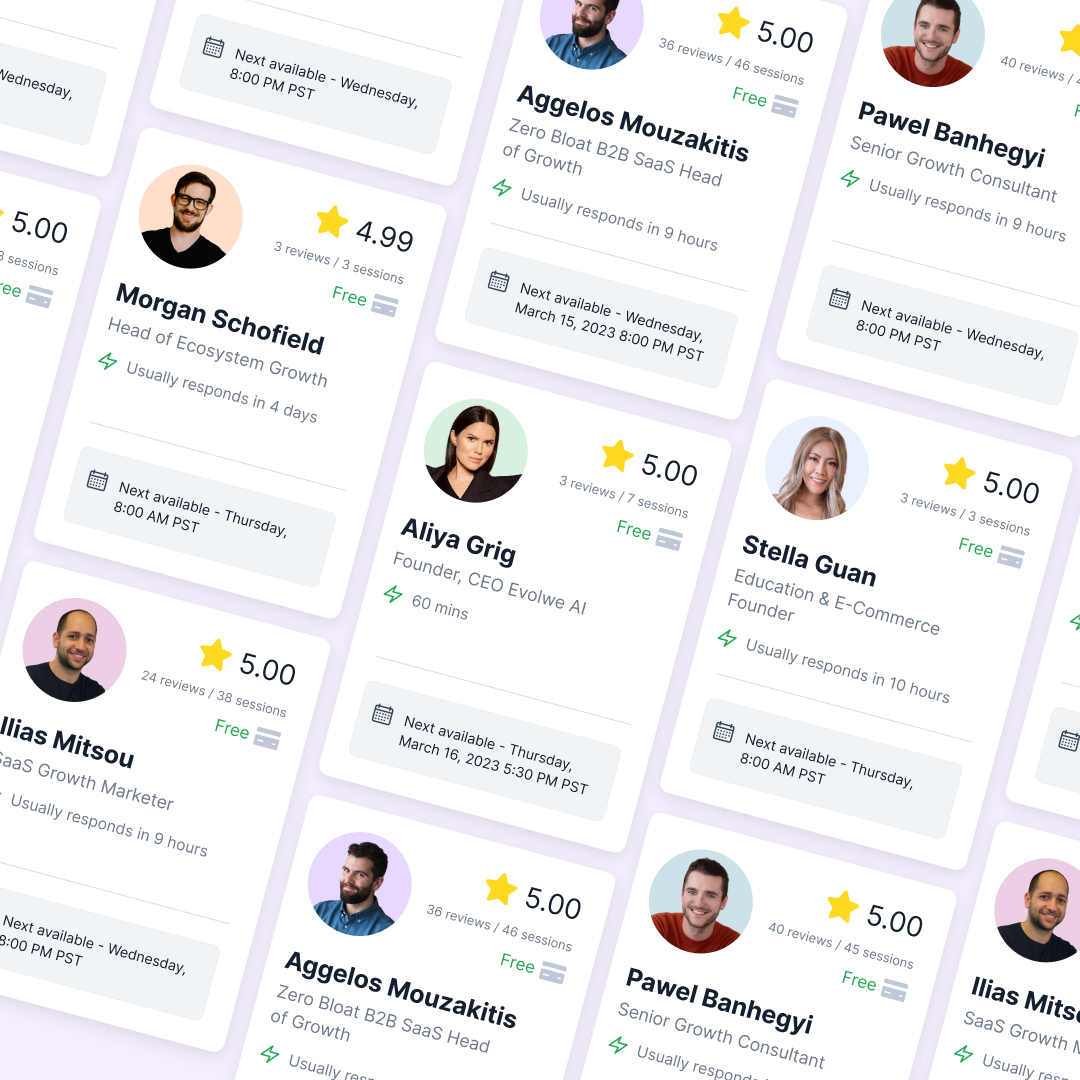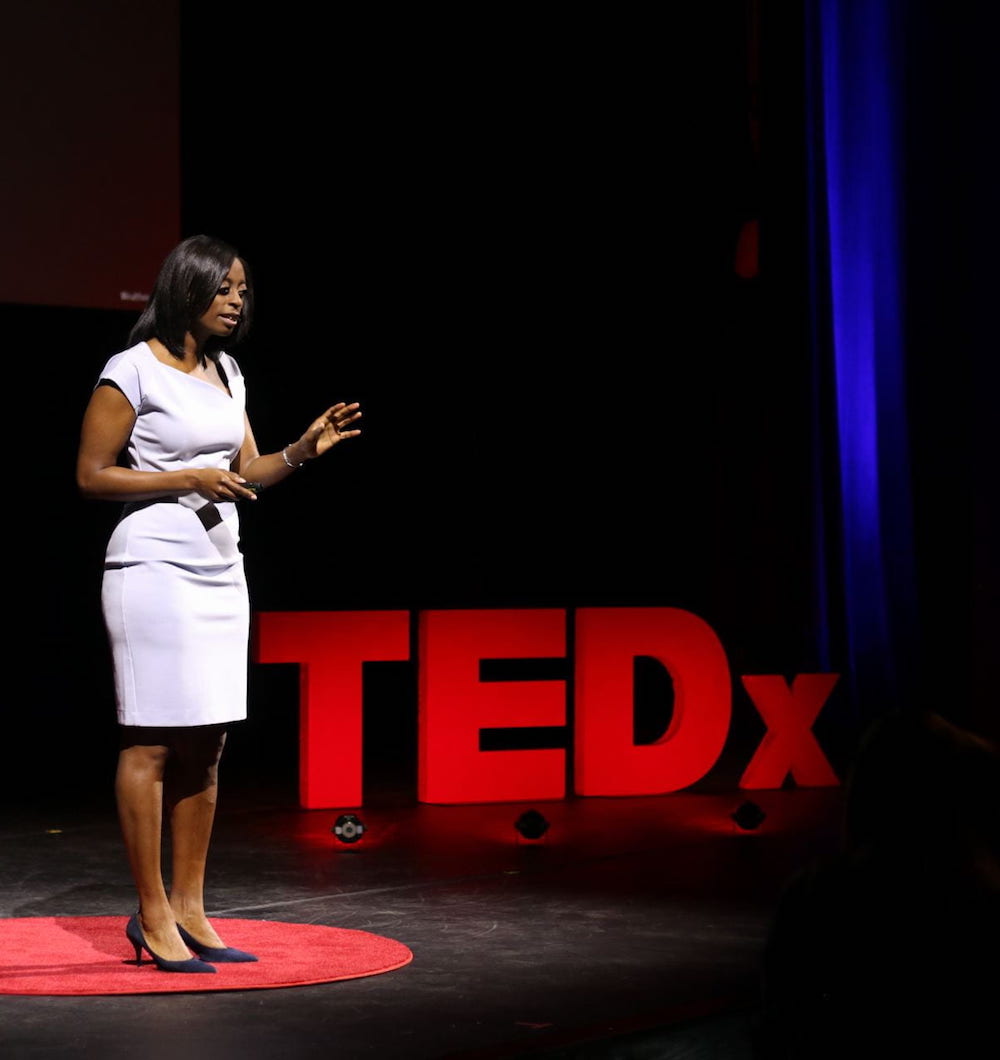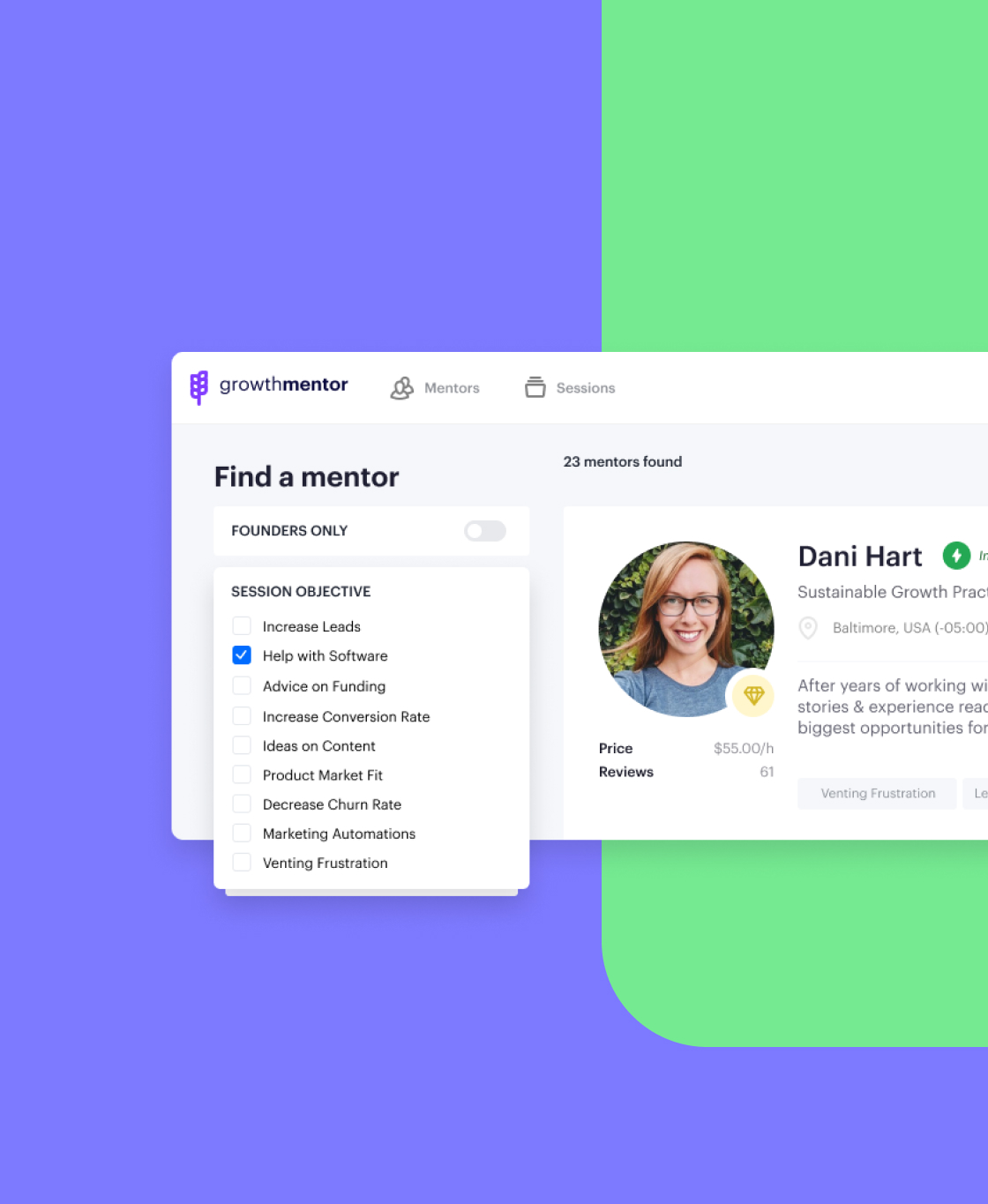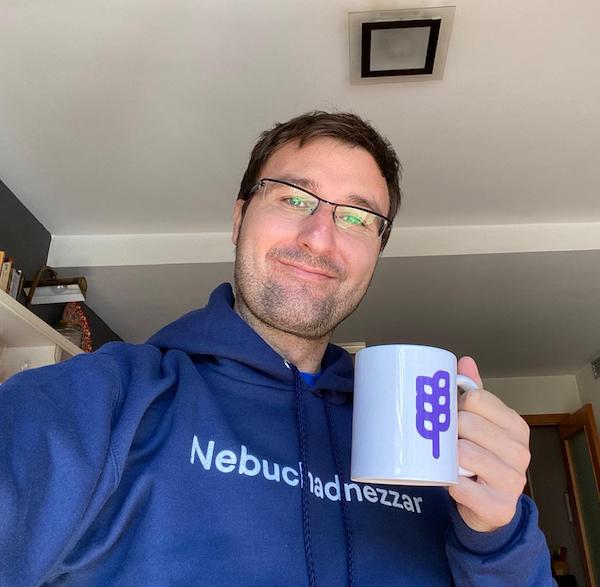How to Make the Most of Your Mentorship Sessions: A Guide to Focused Session Requests
When Mancy Thurston first joined GrowthMentor, she was trying to bootstrap her AI platform and feeling overwhelmed. “Growth doesn’t always meet expectations, which can be frustrating. The journey can feel lonely when you’re unsure about the next steps,” she shares.
But something changed when she learned to make focused session requests. Instead of asking for general startup advice, she targeted specific challenges. In one focused session, a UX designer reviewed her Figma designs and suggested adding a photo to clarify their message. This single, focused interaction significantly improved their site.
This is the power of a well-crafted session request.
Let’s learn how to create one.
Why Focus Matters: A Mentor’s Perspective
“We give 10x, maybe 100x more value to mentees we like and respect because they have the right mindset,” shares one of our experienced mentors.
When you make a focused request, you show respect for your mentor’s time and demonstrate you’re serious about growth.
Think of it this way: A focused session request is like a sharp knife – it cuts cleanly through to the heart of your challenge. An unfocused request is like a dull blade – it requires more force and creates more mess.
The Anatomy of an Effective Session Request
CONTEXT
- Company Stage: [e.g., pre-seed, bootstrapped, Series A]
- Team Size: [e.g., solo founder, 5-person team]
- Current Metrics: [1-2 relevant numbers]
SPECIFIC CHALLENGE
- What’s not working: [Be specific]
- What you’ve tried: [1-2 previous attempts]
- Roadblock: [Main obstacle]
SESSION GOAL
- Specific outcome you want: [One clear objective]
- Type of help needed: [e.g., feedback, framework, troubleshooting]
What Makes a Request Too Broad?
Let’s look at a real example of an overly ambitious request:
“By the end of the mentorship session, we aim to: Clearly identify the critical features and design elements necessary to maximize guest interaction and behavioral change. Develop a strategy for gathering user feedback during the PoC to refine the interface further. Establish a clear roadmap to ensure the PoC results validate our business case, demonstrating the effectiveness of our solution in reducing water and energy consumption while enhancing guest experience. Equip ourselves with best practices to translate the learnings from the PoC into a scalable, market-ready product for our company launch.”
This is trying to accomplish what might take several weeks in just 30 minutes.
Here’s how to break it down into focused sessions:
- Session 1: “Review our top 3 proposed features and identify which one provides the most immediate value for users”
- Session 2: “Design a simple user feedback loop for our MVP”
- Session 3: “Create a 90-day roadmap for testing and validating core assumptions”
The Power of Vulnerability
Flora Bui, founder of Acie, initially hesitated to be specific about her challenges. But she found that being precise about her needs led to better outcomes: “In the first couple of weeks, I met so many fellow founders who had successfully navigated the same challenges I’m facing.”
Remember: mentors aren’t looking for polished presentations.
They want to help solve real problems.
Session Request Examples That Work
For Product Development:
“I need help deciding between two user onboarding flows. We’ve prototyped both, and I’d like to walk through the pros and cons of each approach.”
For Marketing:
“Our CAC has increased by 40% in the last month. I’d like to review our current channel mix and identify potential optimization opportunities.”
For Sales:
“I’m preparing for my first enterprise client meeting next week. Could you help me review my discovery call questions and identify any gaps?”
Red Flags to Avoid
The Kitchen Sink
“I want to discuss our marketing strategy, tech stack, and hiring plans.”
Why it’s problematic: You’ll get surface-level advice on everything and deep insights on nothing.
The Vague Ask
“I need help growing my startup.”
Why it’s problematic: Your mentor can’t prepare or provide targeted advice.
The Strategy Session
“Let’s create our entire go-to-market strategy.”
Why it’s problematic: Complex strategies need multiple sessions and iterations.
Making the Most of Follow-up Sessions
Consider booking a series of focused sessions to tackle different aspects of a larger challenge.
This allows you to:
- Implement advice between sessions
- Build deeper relationships with mentors
- Track your progress over time
The Mentor’s Point of View
From our “Why do mentors do it” insights, we know mentors are motivated by:
- Seeing your genuine passion for growth
- Learning about new challenges in their field
- Teaching and solidifying their own knowledge
- The energy of helping someone move forward
Your focused request helps them deliver on these motivations.
Final Tips for Success
1. Do Your Research
As Yanay Mizrahi shares: “I learned the most from those who failed the first time. They say a smart person learns from their mistakes, and a smarter person learns from the mistakes of others.”
2. Be Prepared to Pivot
Sometimes the real issue isn’t what you initially thought. Be open to your mentor’s perspective.
3. Follow Up
Share your progress. As one mentor notes, “Nothing is more rewarding than seeing a mentee implement advice and succeed.”
Remember, the goal isn’t to solve everything at once.
It’s to make meaningful progress through focused, actionable discussions.
Your specific challenges are exactly what our mentors are here to help with – don’t be afraid to bring them forward clearly and directly.
Grow your startup smarter with advice from mentors




